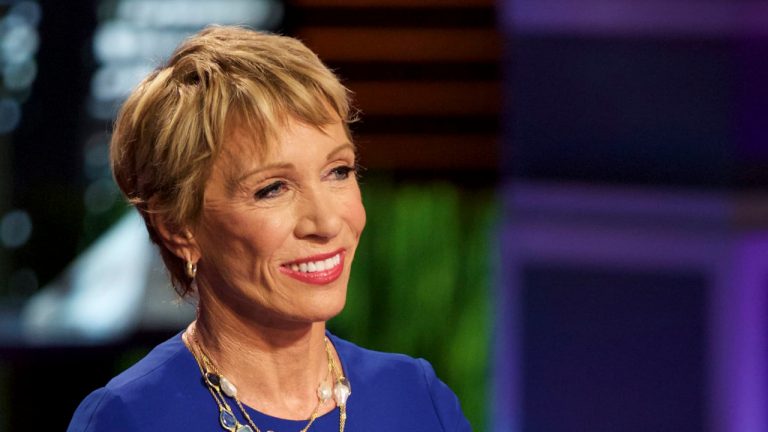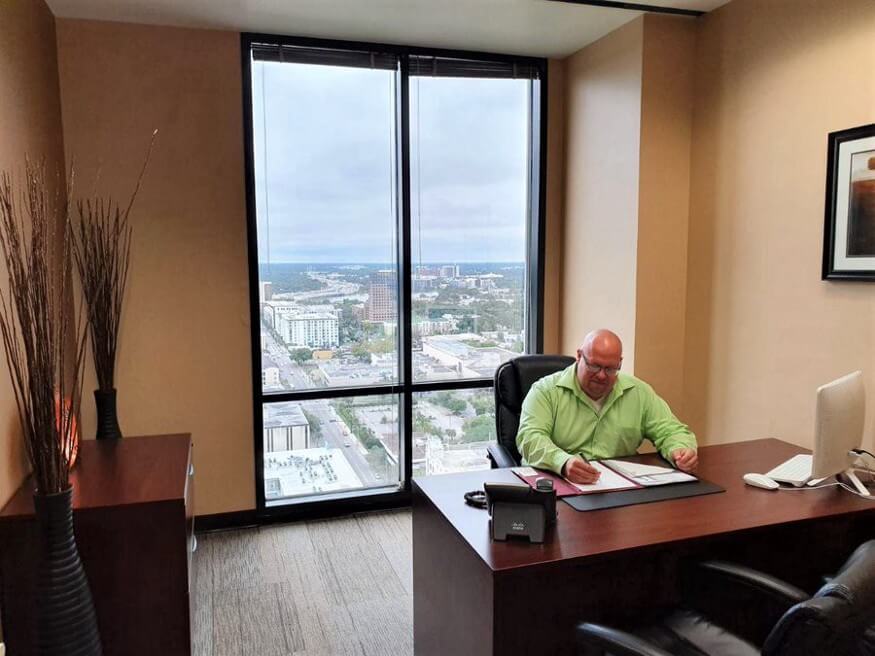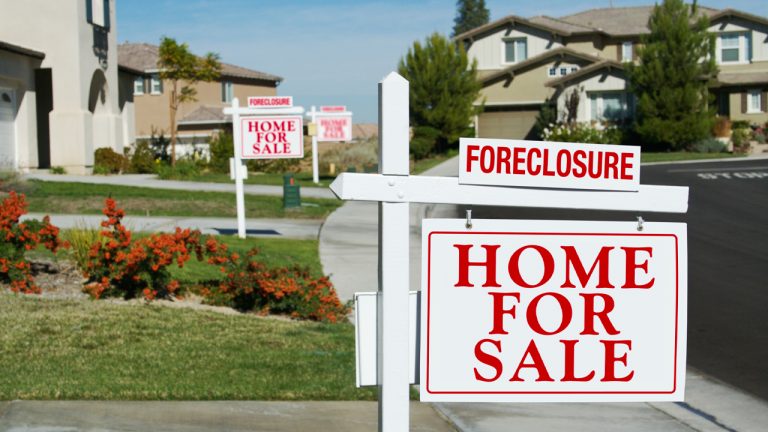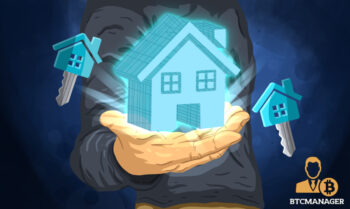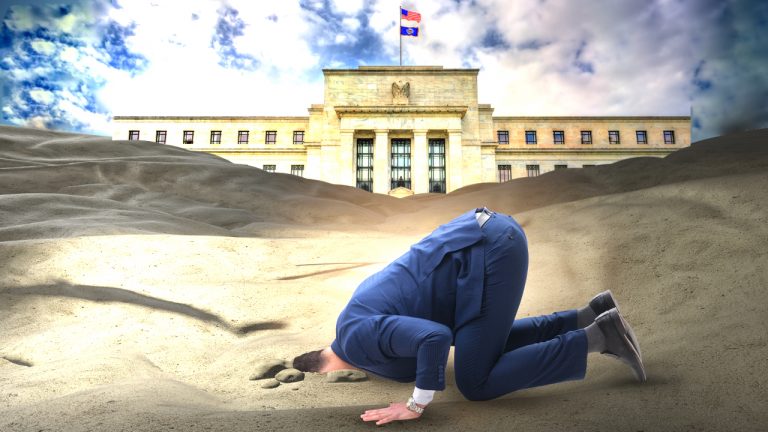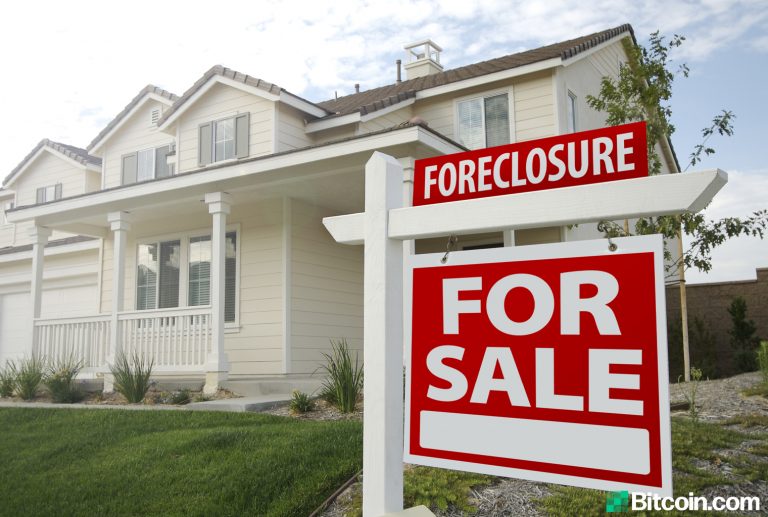
2020-4-19 00:15 |
U.S. real estate agents and lenders are bracing for the biggest housing crash in over a decade. Since the coronavirus spread and the American government shut down the nation’s economy, Freddie Mac’s quarterly real estate report is grim and says the U.S. housing market faces considerable challenges “amid economic uncertainty.” Further, the NHB Wells Fargo Housing Index otherwise known as the Homebuilders sentiment has seen the largest drop since 2012.
Also read: $2,000 a Month: US Lawmakers Propose Basic Income for Americans to Cope With Covid-19 Economy
US Housing Market Faces ‘Greatest Challenge’ in Over Ten Years, Says Freddie MacToward the end of March, news.Bitcoin.com reported on a number of analysts and market strategists predicting the U.S. housing market would crash to 29-year lows. The blame, of course, has been directed at the adverse effects of the coronavirus and the government’s response to the situation. At the time, American lawmakers closed down the economy by shutting down numerous ‘non-essential’ businesses. One industry that’s feeling the stress from the financial hardship is the U.S. housing market. The reason stems from people who are scared to purchase homes and real estate agents can’t do property showings either. Further, over 22 million Americans are unemployed to-date and a slew of homeowners can’t pay their mortgages. Adding more fuel to the fire is the fact that a great number of landlords are struggling too because renters cant pay their rent.
The FHLMC report predicts house prices will fall “0.5 percentage points over the next four quarters.” The government real-estate agency also thanked the Federal Reserve for stepping in to buy mortgage-backed securities.This week the government-sponsored enterprise, the Federal Home Loan Mortgage Corporation (FHLMC or Freddie Mac), explained the housing market “faces challenges and uncertainty” going forward. The entity’s research team thinks that interest rates will only drop to 3.1% by 2021 and it may take a year to recover from the “economic damage.” Property pricing will “decelerate” and U.S.-based “home sales are expected to decrease in 2020.”
Freddie Mac also expects refinancing to slow, purchase originations will drop, and it “will take some time for the [American] economy to bounce back.” Furthermore, amid the covid-19 economy, both Freddie Mac and Fannie Mae are looking into alternative appraisal schemes. For instance, underwriters are now allowed to do exterior-only inspection appraisals and even remote-based “desktop appraisals.” While real estate agents and builders were expecting a surging housing market this spring, Freddie Mac’s Q1 2020 report indicates that probably won’t happen.
“With much of the country under stay-at-home orders, we expect to see housing markets deviate from their typical spring surge,” Freddie Mac researchers wrote.
As large swathes of the U.S. economy shut down to battle the COVID-19 pandemic, the housing market faces its greatest challenge in over a decade,” Freddie Mac’s quarterly report stresses. “The depth and duration of the pandemic is unknown. We assume that most of the economic damage from the virus is contained to the first half of the year. Starting in the third quarter a recovery begins, but it takes a full year before the economy gets back on its feet.” Homebuilders Sentiment Down 58%In addition to the gloomy outlook provided by Freddie Mac’s Q1 report, the NAHB/Wells Fargo Housing Market Index (HMI), otherwise known as the “Homebuilder sentiment,” dropped 58% this month. The HMI is considered a reliable source designed to “take the pulse” of the U.S. housing market.
Homebuilder sentiment for April 2020.After the low score was given, economist Peter Schiff tweeted about the HMI’s significant dive. “Homebuilder sentiment was forecast to drop from 72 in March to 60 in April,” Schiff noted. “Instead it collapsed to 30, its biggest drop and its lowest level ever. But as worried as homebuilders are, they are still too optimistic. Homebuilding as an industry will be largely gone for a long time.” Schiff further added:
CNBC’s real estate correspondent Diana Olick claims the housing market is strong and that construction will come roaring back due to a shortage of homes. That shortage is about to become a huge surplus, as homes not previously for sale hit a market with few qualified buyers.
Americans would think that megabanks and Wall Street bosses like Jamie Dimon might ease up on lending restrictions for home buyers. However, even after getting trillions of dollars from the Federal Reserve, U.S. banks created tougher lending standards and made home equity credit a scarce commodity. On April 13, JPMorgan and Chase made new lending guidelines, which require buyers to have a 700 FICO score and they have to put 20% down. No matter how you look at it, reports from CNBC’s Diana Olick and many other real estate agents seem way too optimistic.
What do you think about the U.S. real estate industry’s hardships in the future? Let us know what you think about this subject in the comments below.
The post Looming US Real Estate Crisis – Freddie Mac Warns of Housing Market Uncertainty, Homebuilder sentiment Drops 58% appeared first on Bitcoin News.
origin »REAL (REAL) на Currencies.ru
|
|









